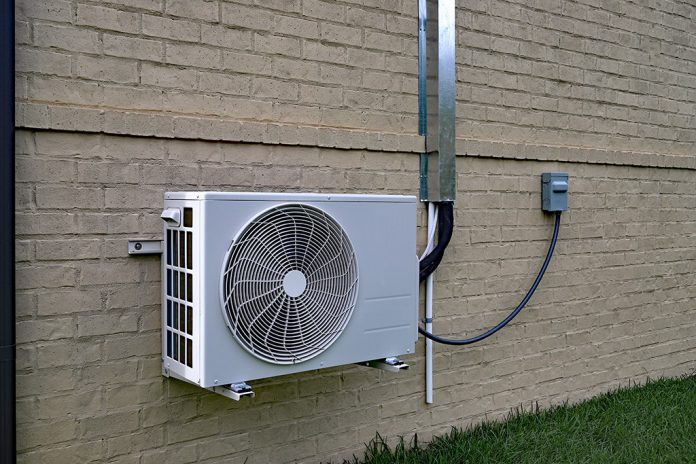When your split ac not cooling but fan is running but it’s not cooling, it can be perplexing and inconvenient, especially during the hot summer months. This guide will help you understand the common reasons behind this issue and provide steps to troubleshoot and resolve it effectively.
Common Causes of Split AC Not Cooling
Low Refrigerant Levels
Refrigerant is essential for cooling. If your AC is low on refrigerant due to a leak or insufficient levels, it won’t cool the air effectively.
Dirty Air Filters
Clogged air filters restrict airflow, making it hard for your AC to cool your home. Regular maintenance is crucial to prevent this issue.
Blocked Condenser Unit
The outdoor condenser unit can become blocked with dirt, leaves, or other debris, preventing it from dissipating heat properly.
Faulty Thermostat
If the thermostat is malfunctioning, it may not correctly signal the AC to cool the air, leading to ineffective cooling.
Frozen Evaporator Coils
Evaporator coils can freeze if there’s a lack of airflow or refrigerant issues, which impairs the cooling function of your AC.
Electrical Problems
Issues with electrical components such as capacitors, relays, or wiring can disrupt the cooling cycle, even if the fan is running.
Troubleshooting Steps
Inspect and Clean Air Filters
Dirty air filters can significantly impact your AC’s performance. Check the filters and clean or replace them if necessary. This simple step can often resolve cooling issues.
Check the Thermostat Settings
Ensure the thermostat is set to the correct temperature and mode (cooling mode). Replace the batteries if needed and confirm it is functioning properly.
Clear the Condenser Unit
Inspect the outdoor condenser unit for any obstructions. Remove debris and clean the unit to ensure proper airflow. A clear condenser is vital for efficient cooling.
Thaw Frozen Evaporator Coils
If the evaporator coils are frozen, turn off the AC to allow them to thaw. This process can take several hours. Once thawed, check for underlying issues like low refrigerant or airflow restrictions.
Verify Refrigerant Levels
Low refrigerant levels require professional attention. An HVAC technician can check for leaks, refill refrigerant, and ensure there are no other issues affecting the system.
Examine Electrical Components
Electrical problems should be diagnosed and repaired by a professional. If you suspect an electrical issue, contact a qualified technician to inspect and fix any faulty components safely.
When to Seek Professional Help
Persistent Problems
If your troubleshooting efforts do not resolve the cooling issue, it’s time to call a professional. Persistent problems may indicate more complex issues that need expert diagnosis and repair.
Refrigerant Leaks
Handling refrigerant is hazardous and requires specialized equipment and knowledge. If you suspect a refrigerant leak, contact a licensed HVAC technician for safe and effective repairs.
Electrical Repairs
Electrical repairs can be dangerous without proper training. Professional technicians can safely address electrical issues, ensuring your AC operates correctly and safely.
Preventive Maintenance Tips
Regular Filter Cleaning
Clean or replace air filters every 1-3 months, depending on usage, to maintain optimal airflow and cooling efficiency.
Schedule Annual Inspections
Have your AC system inspected and serviced annually by a professional. Regular check-ups can identify and address potential issues before they become major problems.
Keep the Condenser Unit Clear
Regularly check the outdoor condenser unit and remove any debris. Ensuring the unit is clean and unobstructed will help it function efficiently.
Monitor Thermostat Settings
Regularly check the thermostat settings and functionality. Consider upgrading to a programmable thermostat for more efficient temperature control.
Conclusion
When your split AC’s fan is running but it’s not cooling, it’s essential to identify the underlying cause and address it promptly. By inspecting and maintaining key components like air filters, the thermostat, and the condenser unit, you can often resolve common issues. For more complex problems, such as refrigerant leaks or electrical issues, professional assistance is necessary. Regular maintenance and timely repairs can keep your AC unit running efficiently, ensuring your home remains cool and comfortable.
